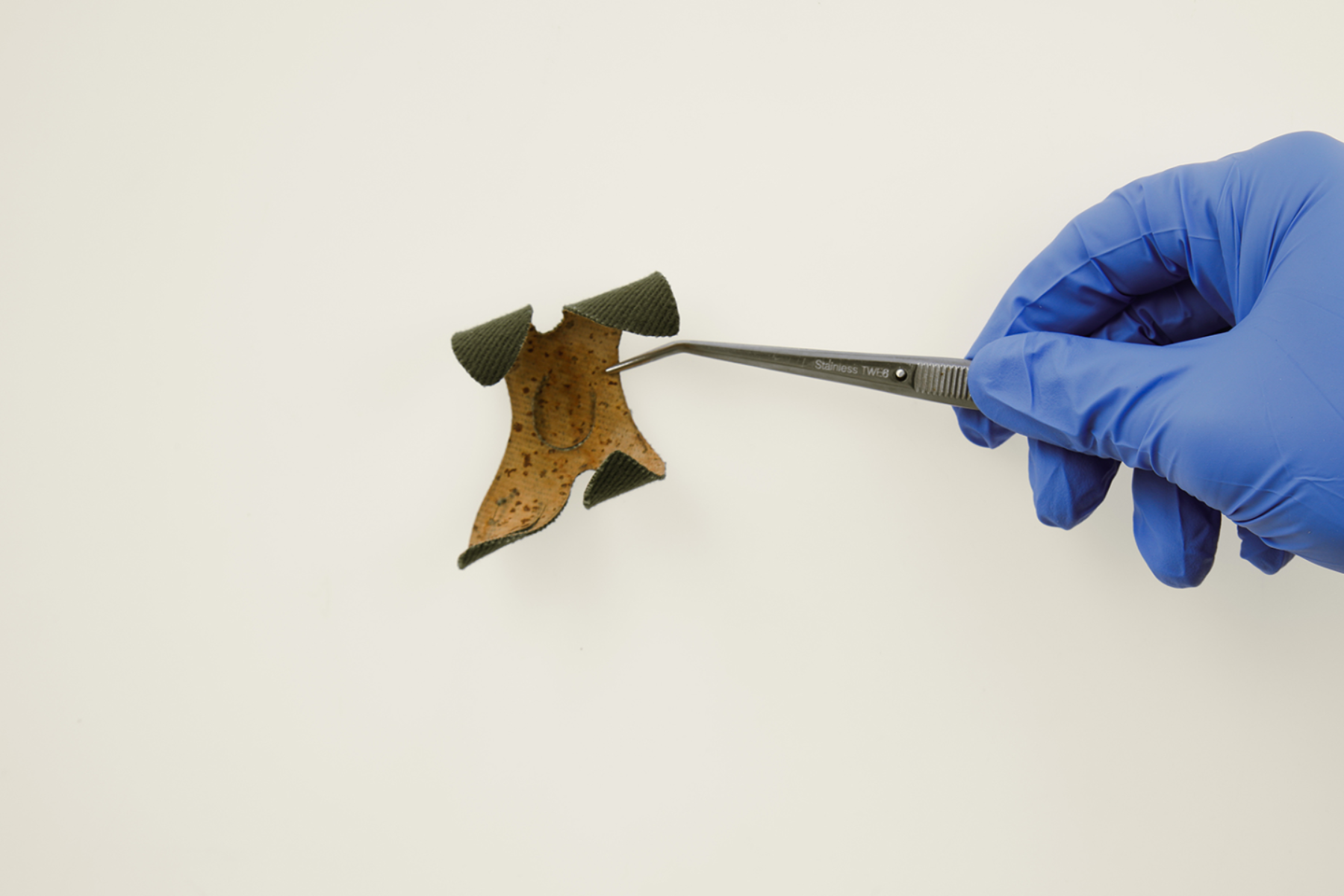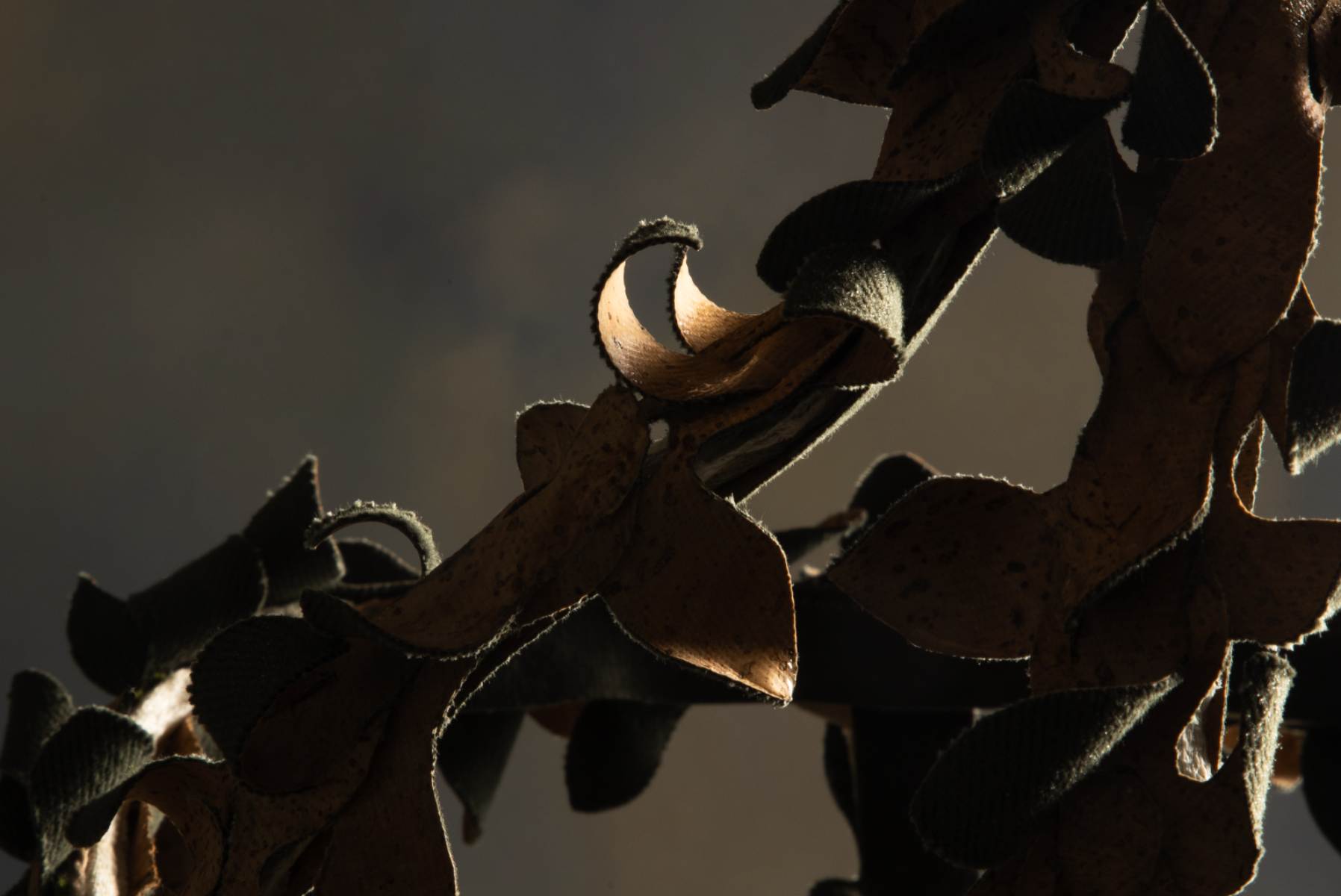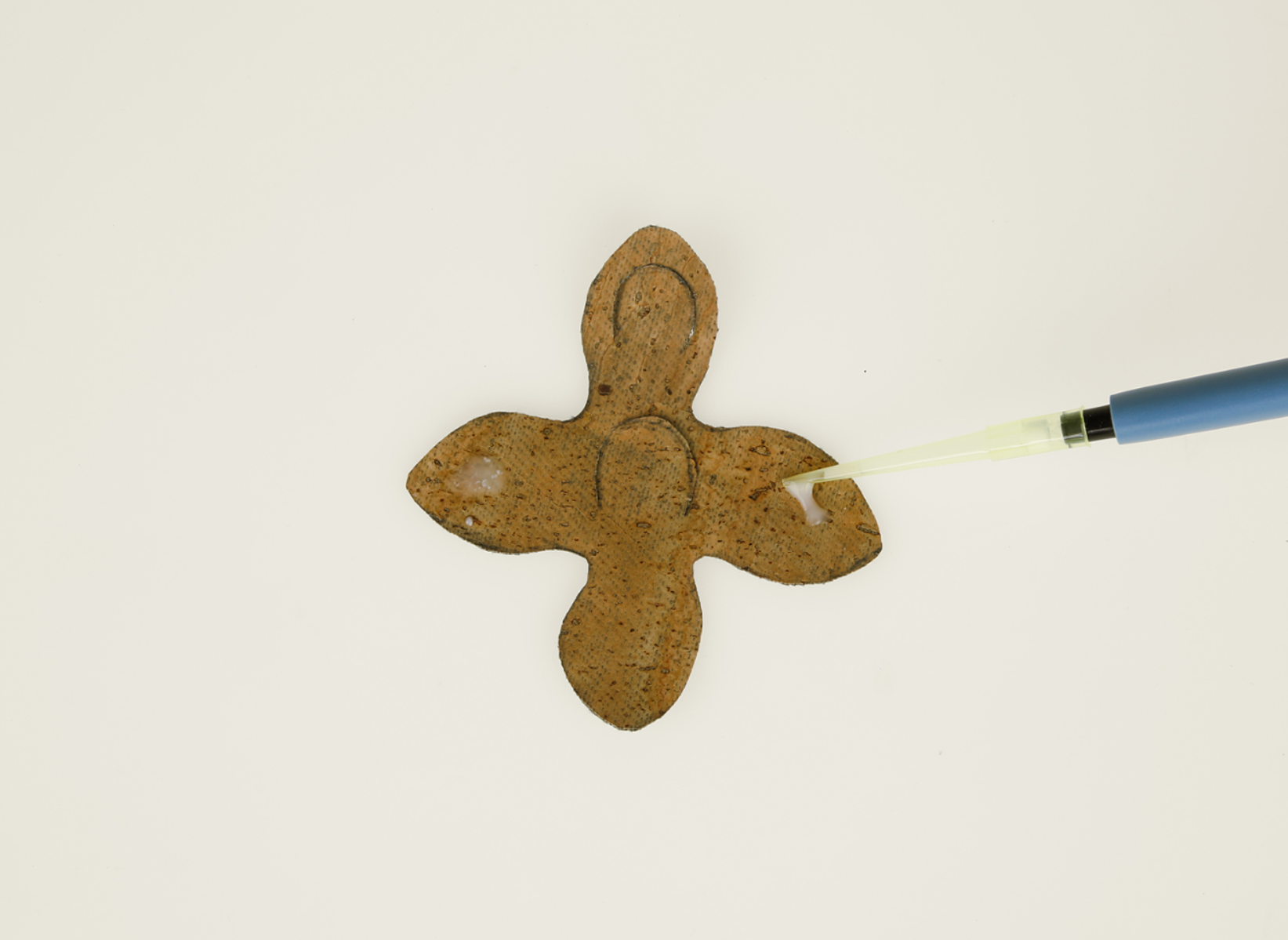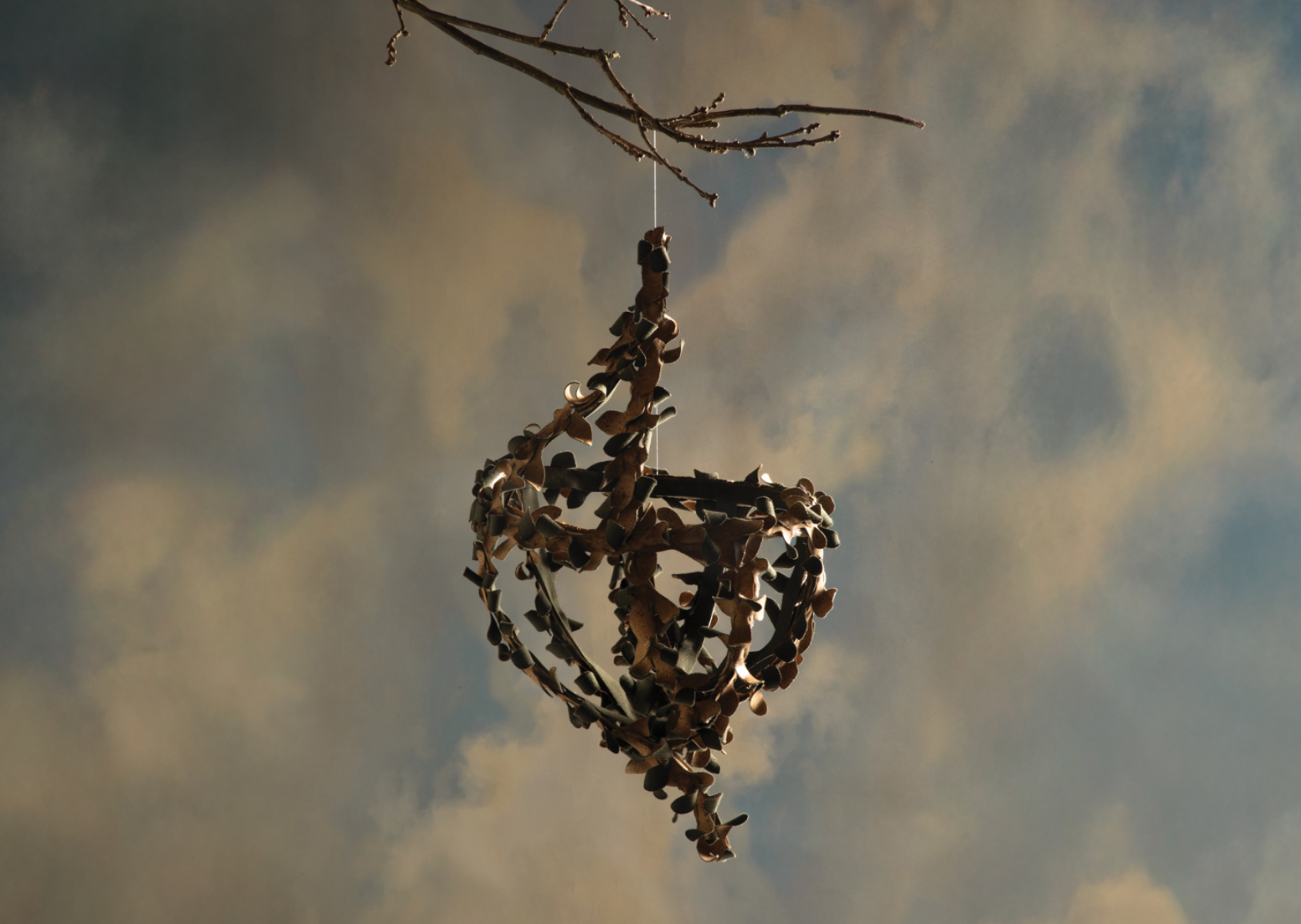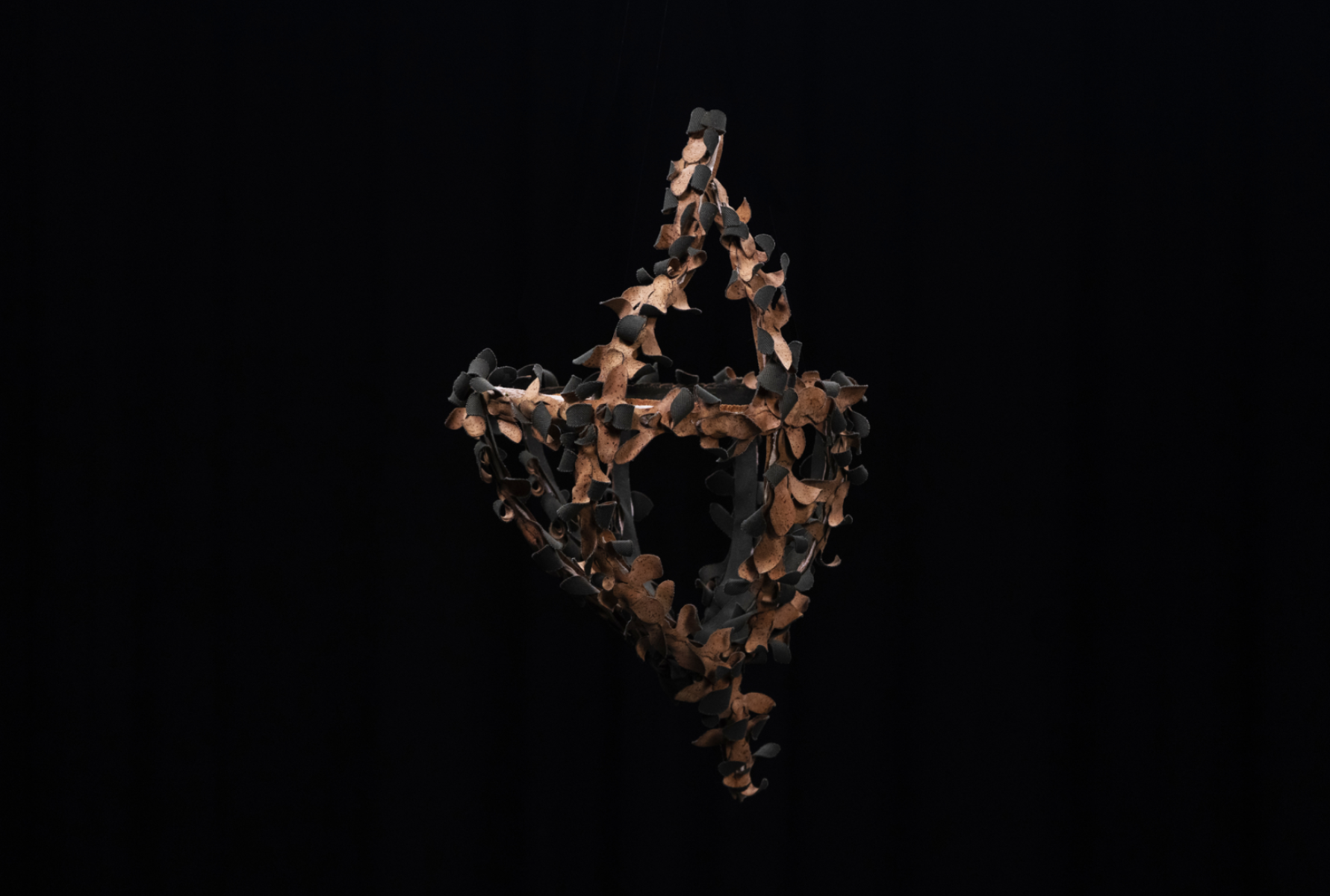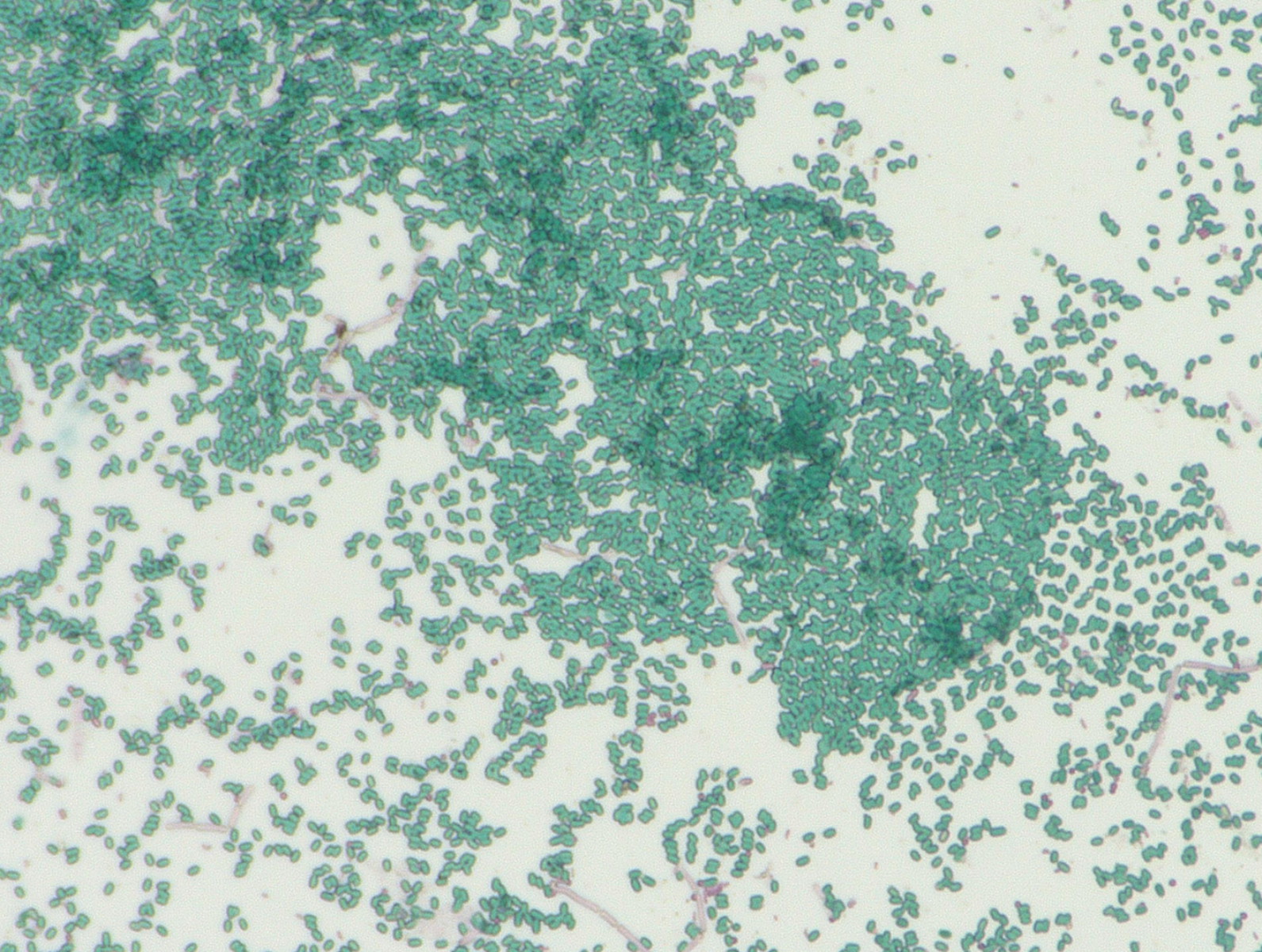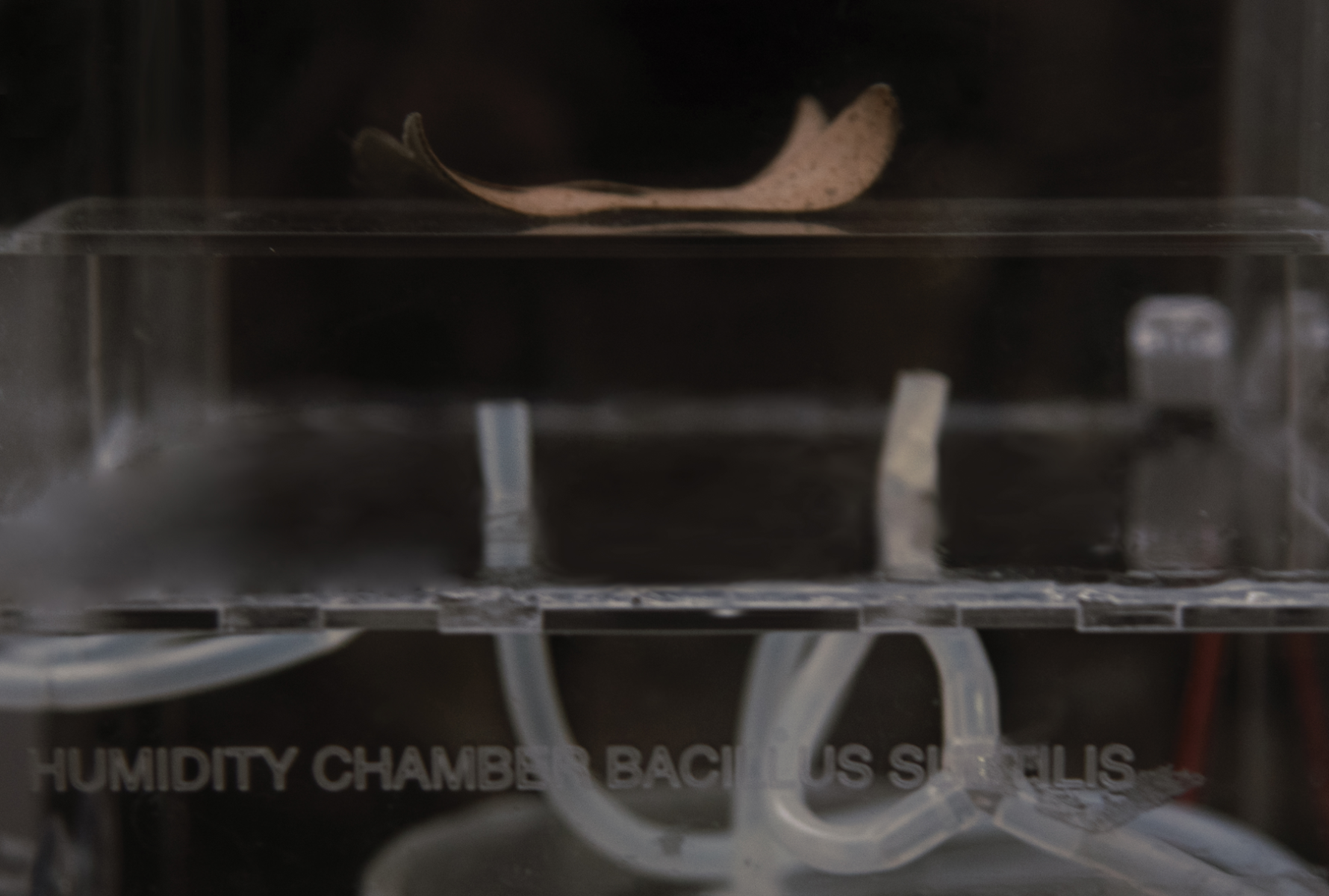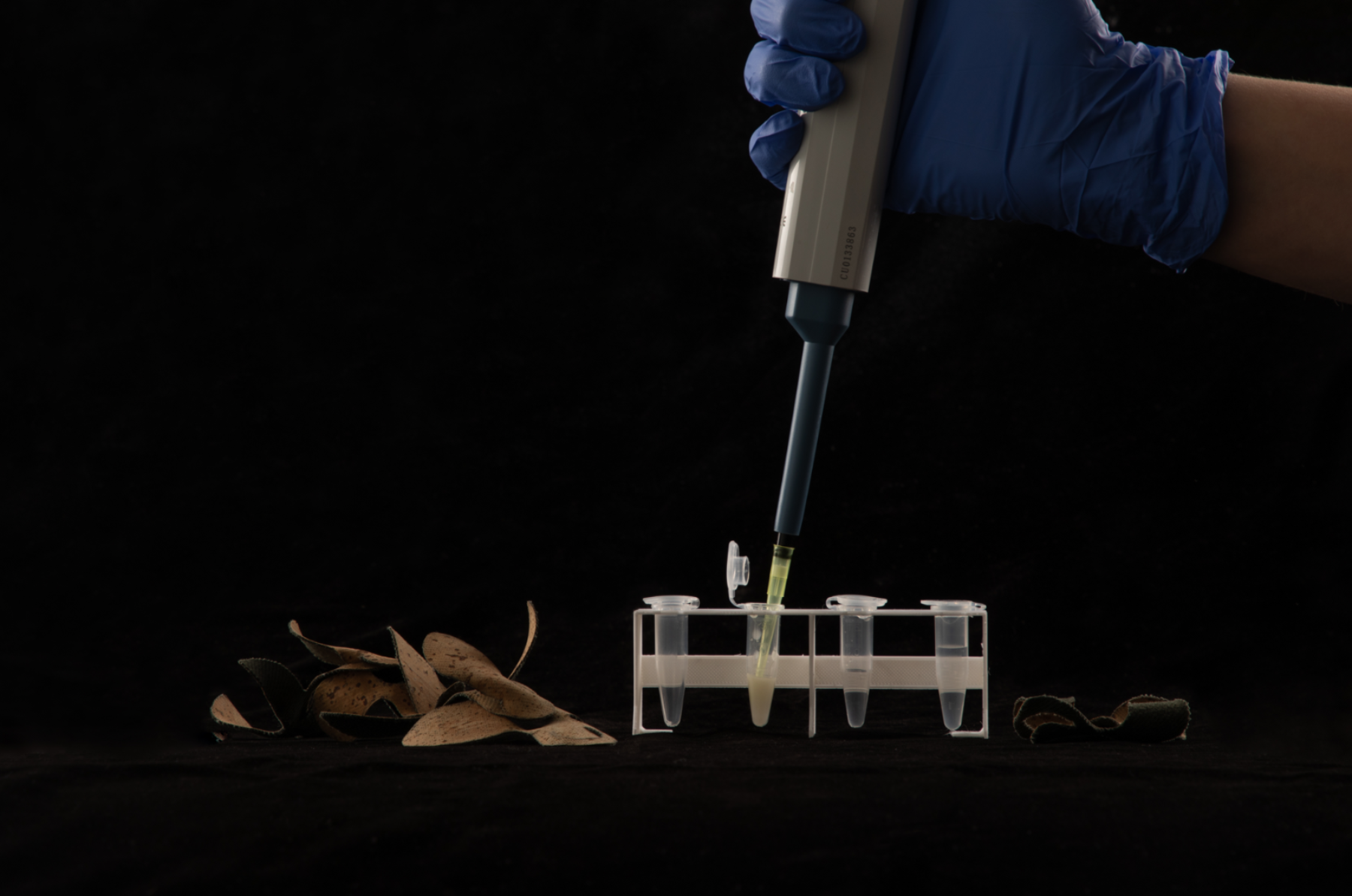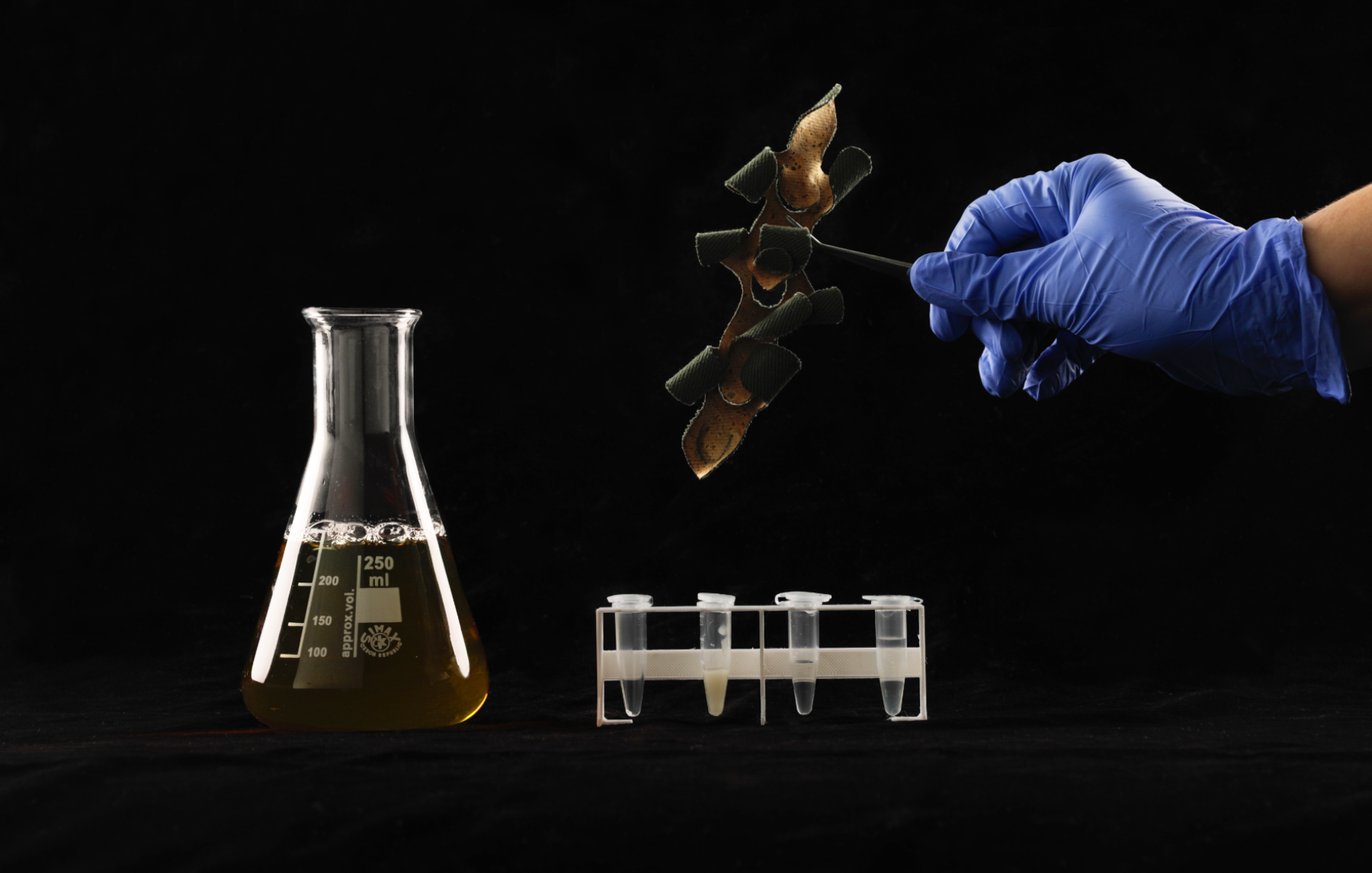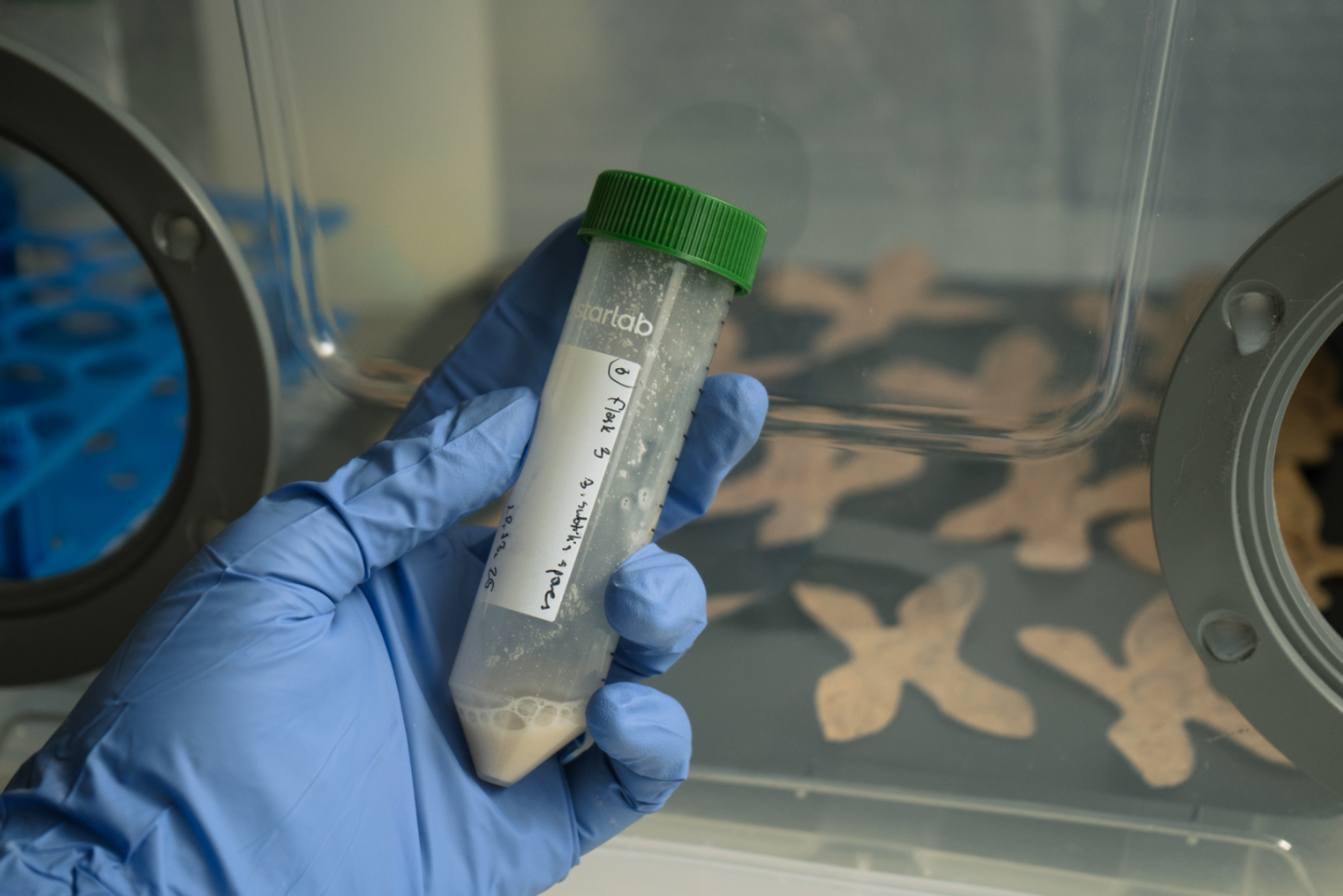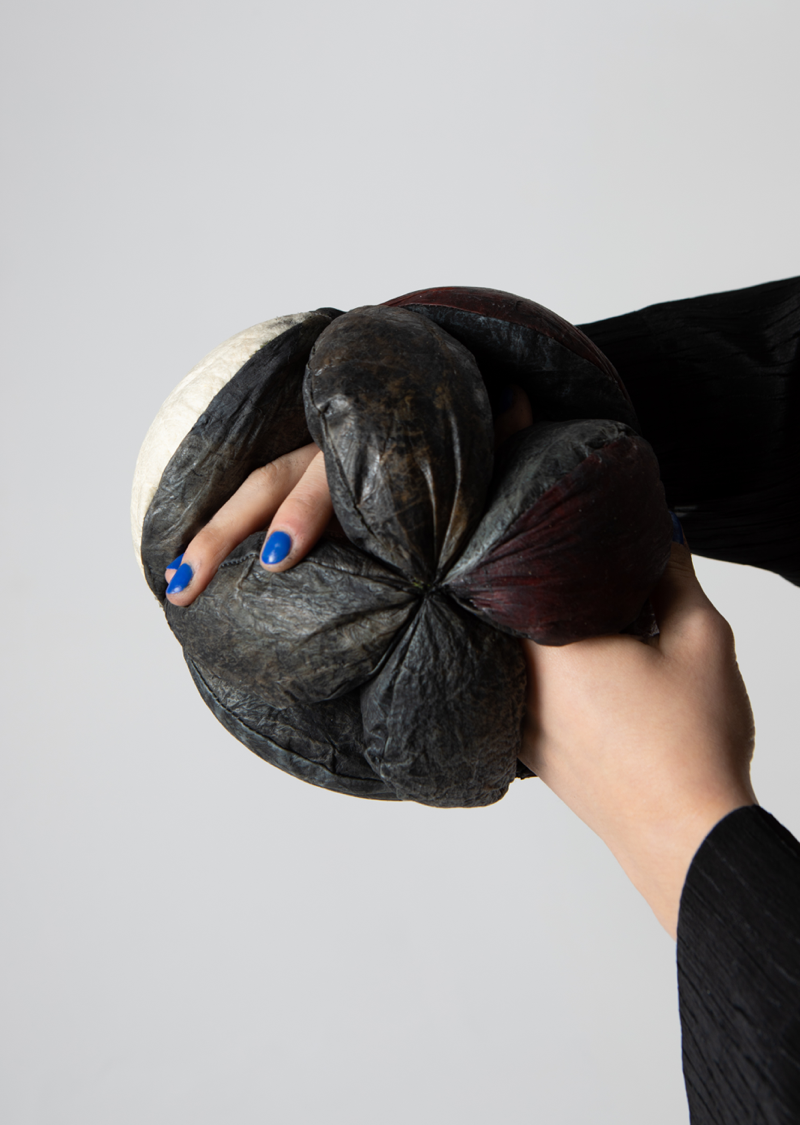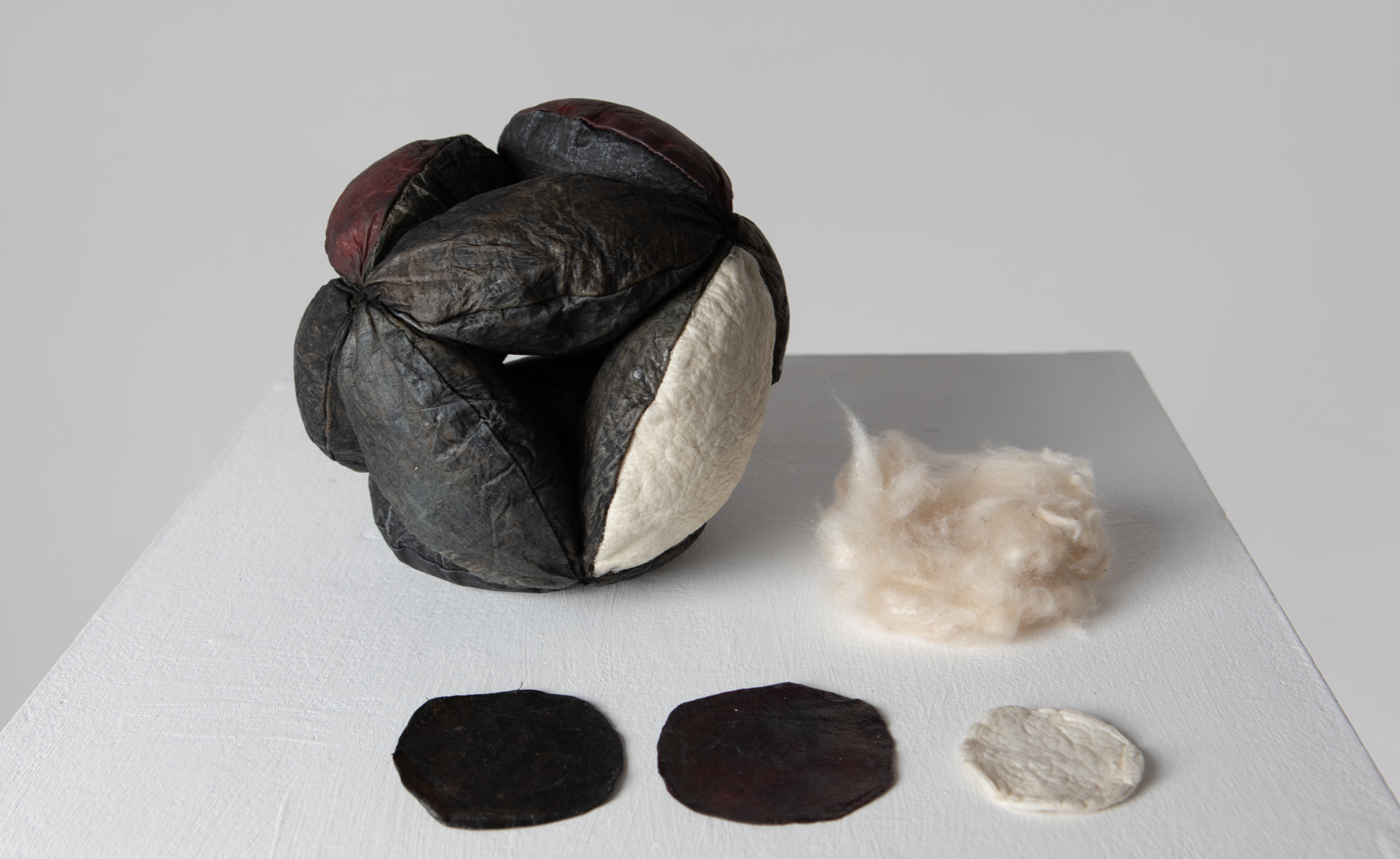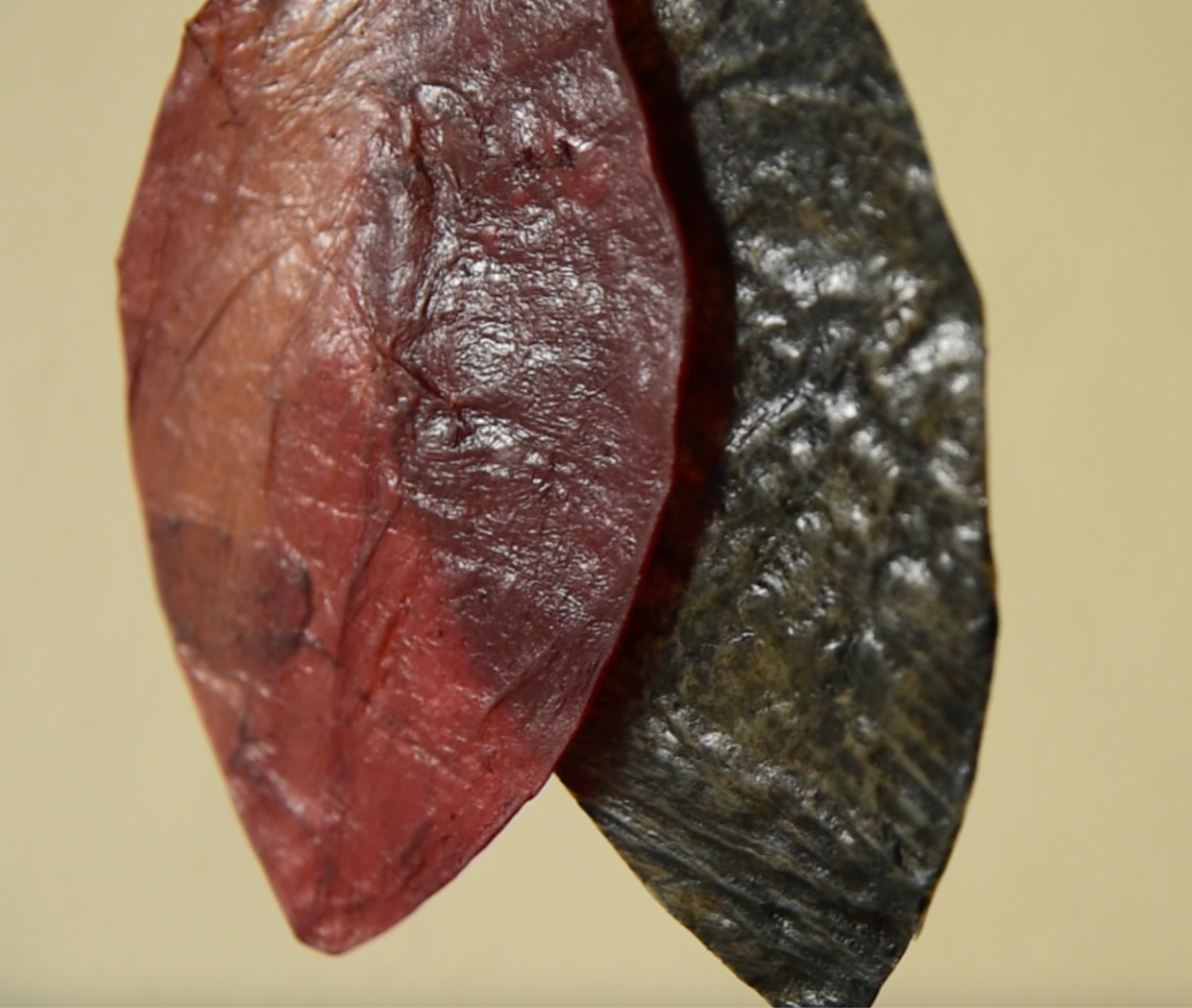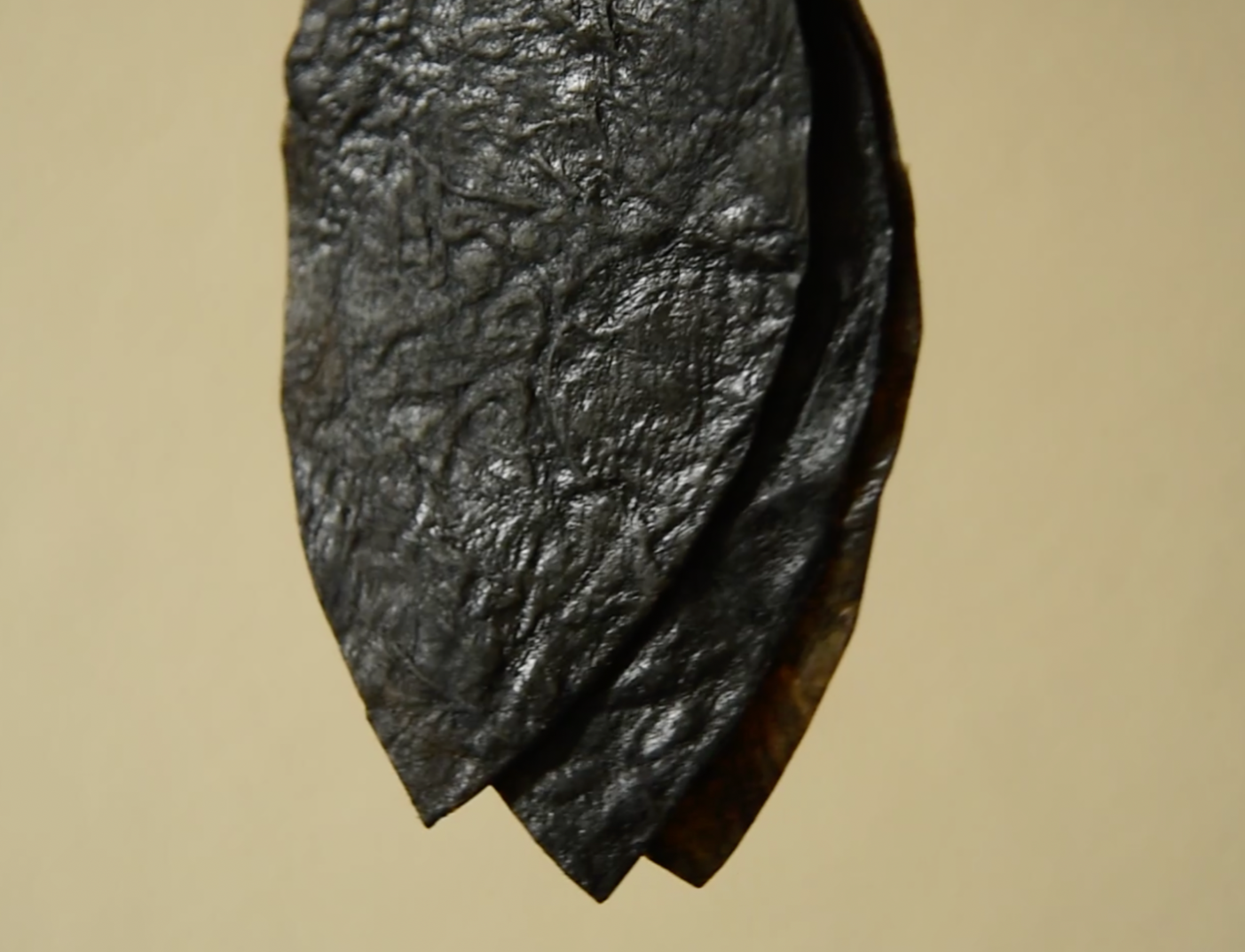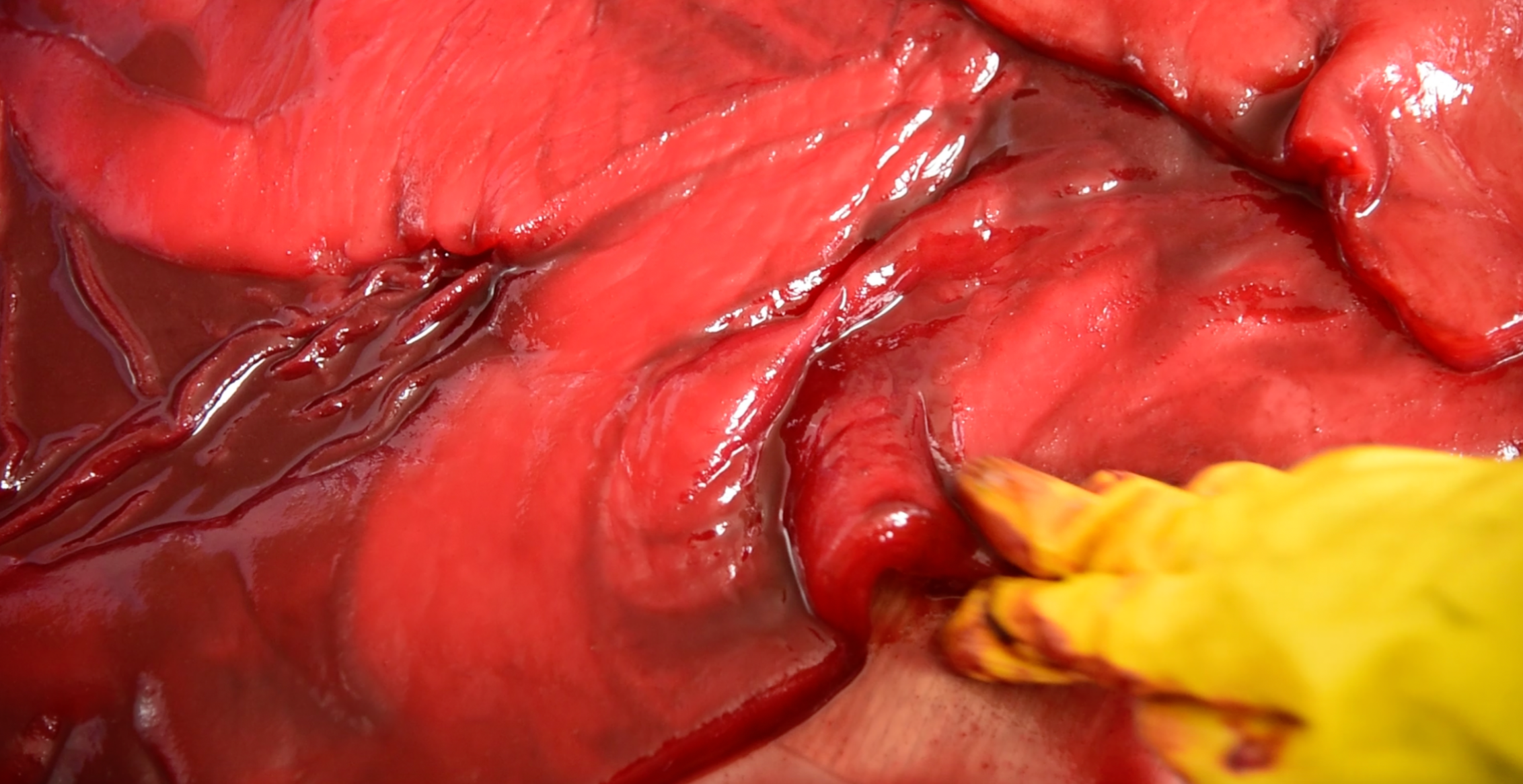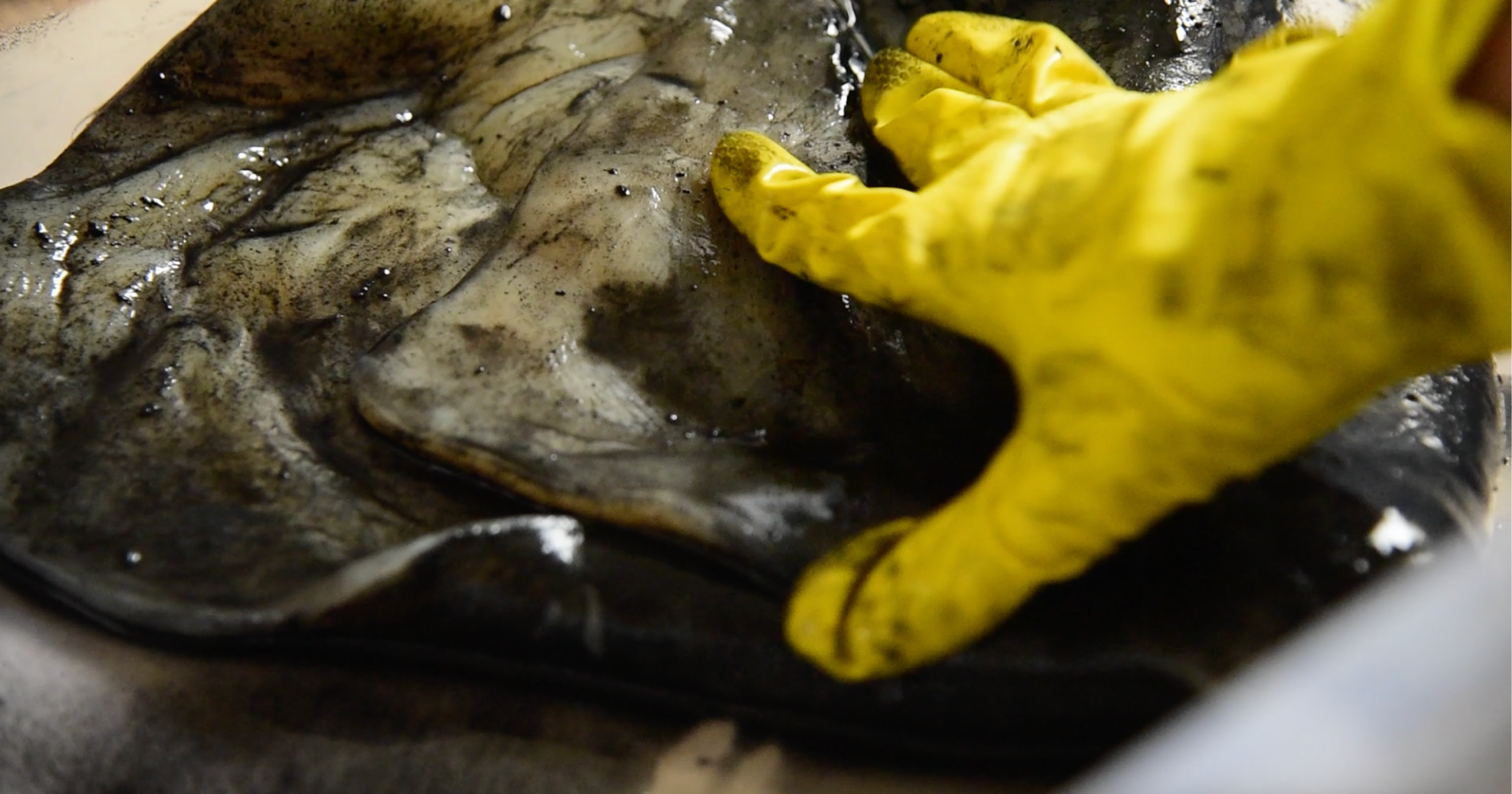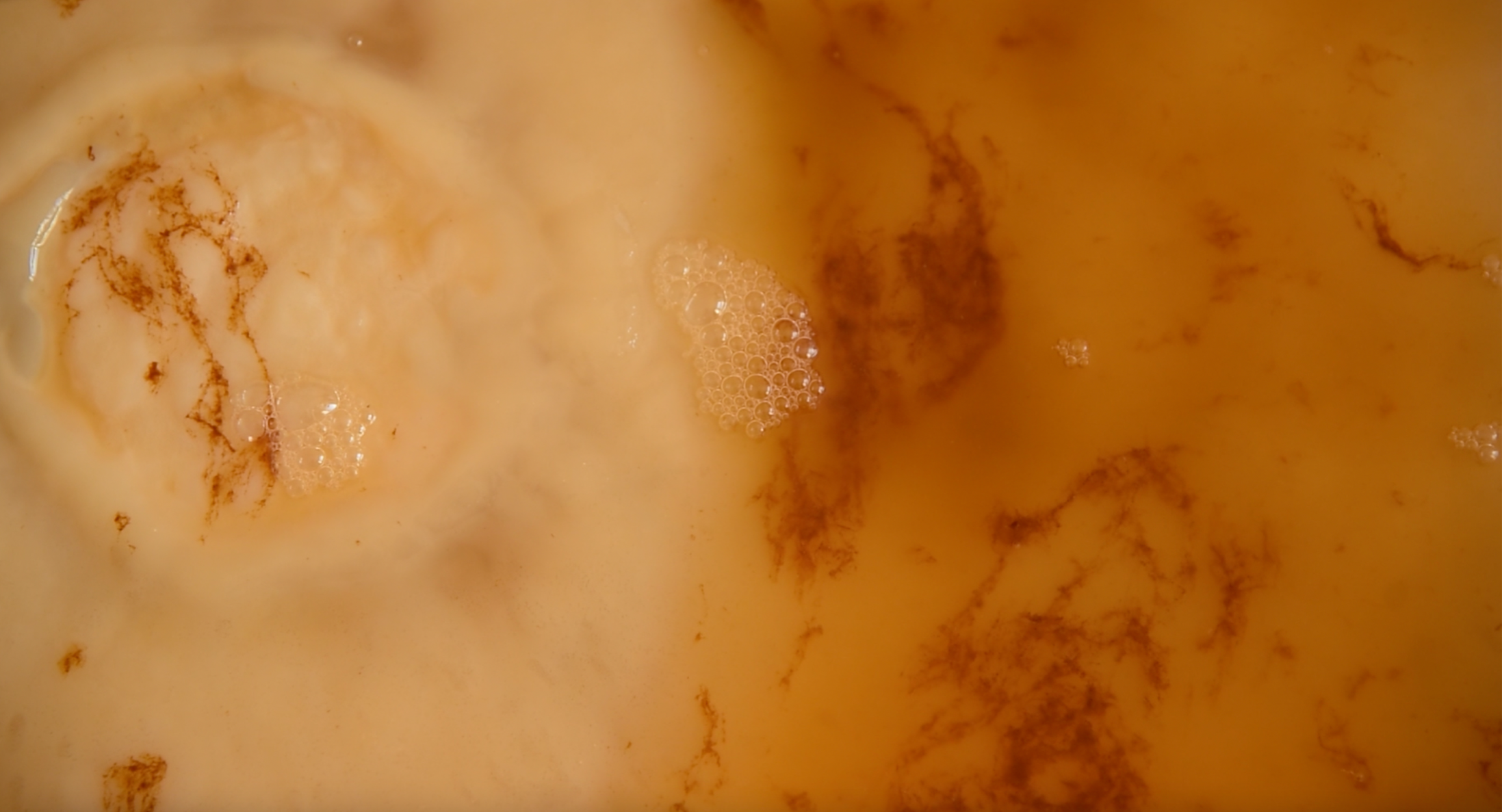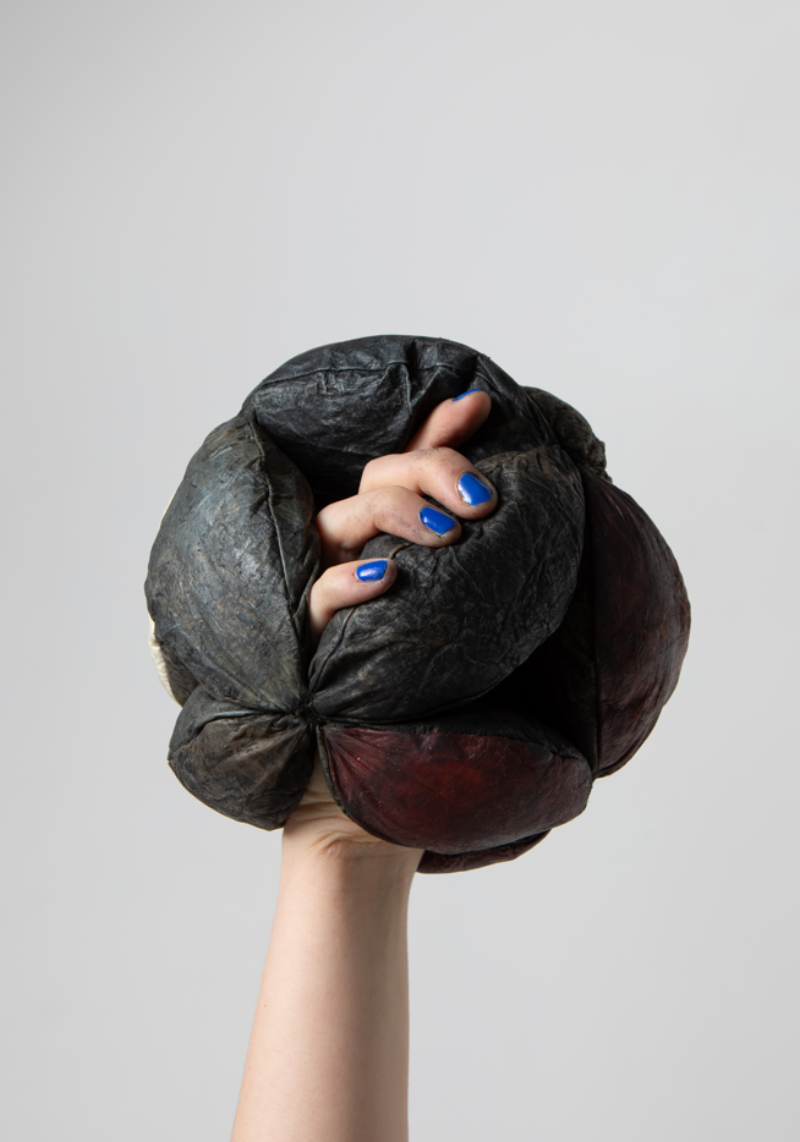Weronika Turowska
ma biodesign
Central Saint Martins UAL
Specialisms: Material Innovation / Contemporary Craft / Design Research
Location: London, United Kingdom
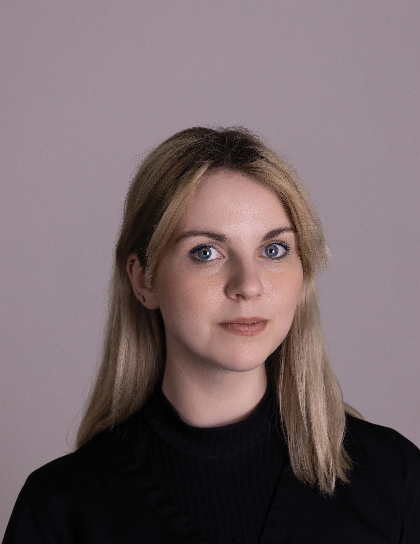

Weronika Turowska

First Name: Weronika
Last Name: Turowska
Specialisms: Material Innovation / Contemporary Craft / Design Research
Sectors:
My Location: London, United Kingdom
University / College: Central Saint Martins UAL
Course / Program Title: ma biodesign
About
Weronika is a biodesigner and material researcher exploring regenerative design, material innovation, and the emerging agency of living and responsive materials.
She recently completed her Master’s in Biodesign at Central Saint Martins, University of the Arts London. Her latest work investigates the intersection of agential materials and traditional crafts. Fascinated by microorganisms, she explores how living systems can be incorporated into material design.
With a focus on biodesign as a tool for storytelling and ecological engagement, Weronika examines how microbes and living materials might transform indoor environments into adaptive, responsive spaces.
What if the objects in our homes could sense, shift, and adapt like living things? Payonke: Adaptive Mobiles explores this possibility through active, hybrid materials that contain Bacillus subtilis spores - probiotic bacteria that react to moisture by changing shape, much like how pinecones open in the rain. Drawing from Polish pająki ludowe, traditional folk mobiles once made to bring prosperity into the home, this project reimagines the craft through a new perspective on materials. The result is a series of responsive, interlocking structures that move with changing humidity, acting as natural indicators and mould-prevention tools. By treating microbes not as threats but as collaborators, Payonke proposes a new material and craft language, where tradition meets innovation, and where objects possess agency, shape-shifting alongside us and fostering ongoing visual interaction between human and microbial life.
Competitions
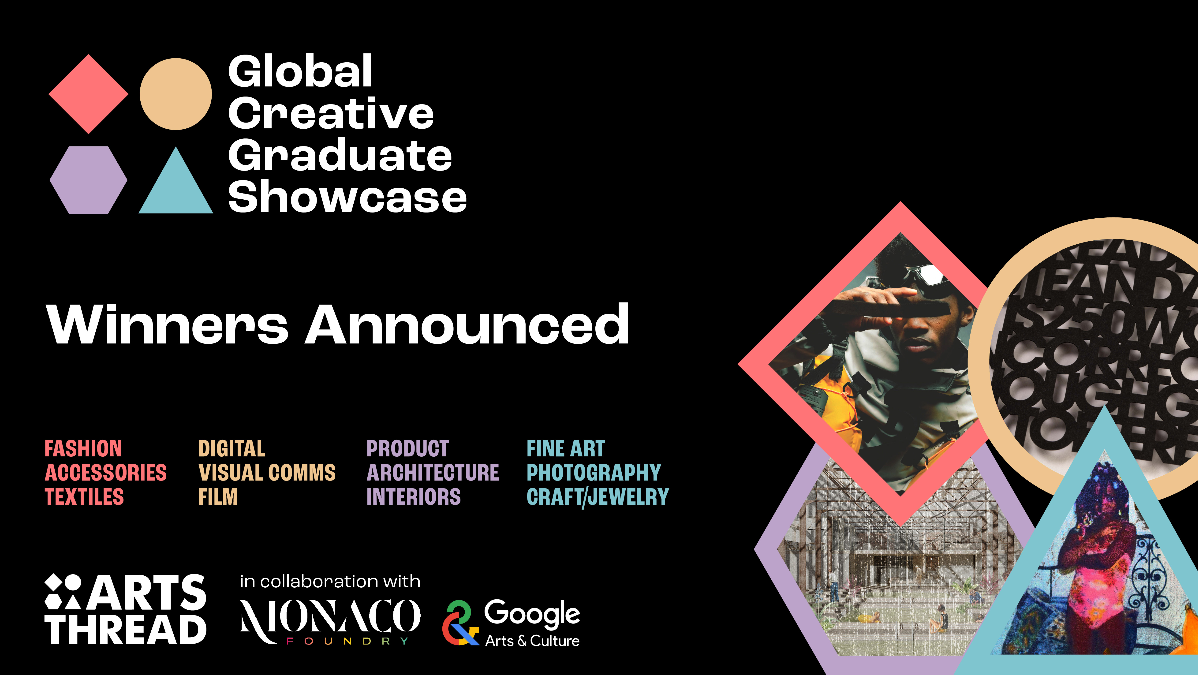
Global Creative Graduate Showcase 2025
SYMBI is a calming tactile ball/pillow made from grown bacterial cellulose and aquafaba/algae bioleather. Anthropocentric concern with human health has made us question the world we have shaped through design. Symbi questions our material culture, but also how we live with chronic pain - how tactility can help with conditions such as trigeminal neuralgia when a user constantly feels pain - through touch and a soft, calming, tactile feeling. The necessity of finding alternatives to currently available PVC and PU-based non-biodegradable vegan leathers has led to exploring the potential of utilising commonly perceived as waste bacterial cellulose film from kombucha drink and waste aquafaba. The inside of the ball is stuffed with kapok, which comes from the fibres of a kapok tree (Ceiba pentandra). Natural colouring was achieved from charcoal and hibiscus plant. Our bodies are host to vast populations of microorganisms. Based on the knowledge that we are the microbes we try to fight, the design challenges the perception of how we can collaborate with microorganisms to design a softer, more symbiotic world. Just as the calming ball can biodegrade, so is the hope that the chronic pain will find its cure too.
Competitions

